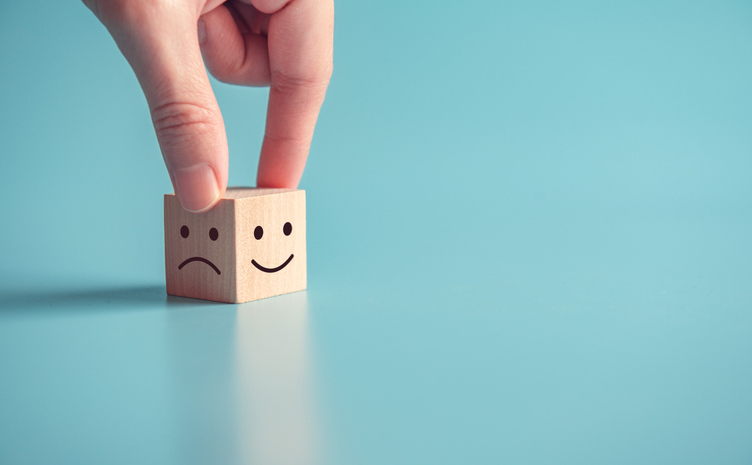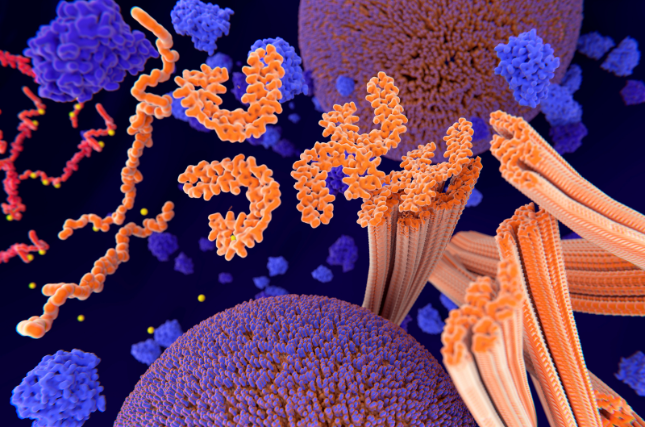
Most science-backed shortcuts to happiness – like working out, smiling more and practicing gratitude ― focus on the positive, and they’re helpful indeed. But a new study concludes that for some people, embracing negative feelings may be one of the most powerful ways to feel happier overall. In a study published in this month’s Journal of Experimental Psychology: General, researchers surveyed more than 2,300 college-age students in eight countries including the U.S., Brazil and China. Students were asked which emotions they wanted to feel more and less of in daily life ― like love, anger and excitement ― and which ones they actually felt. They also answered questions that measured for depressive symptoms and overall well-being. Many students said they wanted to feel more pleasant emotions, like love and empathy, than they felt on a regular basis. However, 11 percent wanted to feel fewer pleasant emotions, and 10 percent wanted to feel more unpleasant emotions, like anger and hatred. Overall, study participants who actually felt the emotions they desired reported greater life satisfaction and fewer depressive symptoms. In other words, when their emotions felt right to them, they felt happier, even if the emotions they felt weren’t happy ones. It likely all comes down to which emotions you value as a person, according to main author Maya Tamir, a psychology professor at The Hebrew University of Jerusalem. “For example, someone who feels no anger when reading about child abuse might think she should be angrier about the plight of abused children, so she wants to feel more anger than she actually does in that moment,” the American Psychological Association explained in a summary. “A woman who wants to leave an abusive partner but isn’t willing to do so may be happier if she loved him less.” If we are able to accept and even welcome the emotions that we have, whether they are pleasant or unpleasant, we are likely to be happier and more satisfied. Of course, the same emotions aren’t “right” for everyone, and the reason they feel right depends on a person’s social, cultural and personal values. Take anger, for example. ″…For a minority group member who seeks justice because people in the majority mistreat him, feeling anger may just be the right emotion,” the study authors wrote. “Whether an emotion is right, therefore, depends on the goals and needs of each individual… Whereas anger may feel right to some, it may feel wrong to others.” “Wanting to be happy or joyful all the time is not very realistic,” Tamir told HuffPost. “Never wanting to feel sadness or anger or fear is not realistic. If we are able to accept and even welcome the emotions that we have, whether they are pleasant or unpleasant, we are likely to be happier and more satisfied.” The study only analyzed one class of negative emotions, called negative self-enhancing emotions, which include hatred, hostility, anger and contempt. The authors suggested future research should be conducted on other negative feelings like fear, guilt and sadness. Next time you want a happiness boost, try listening to a sad song or having a good cry. Science knows it may be just what you need.





